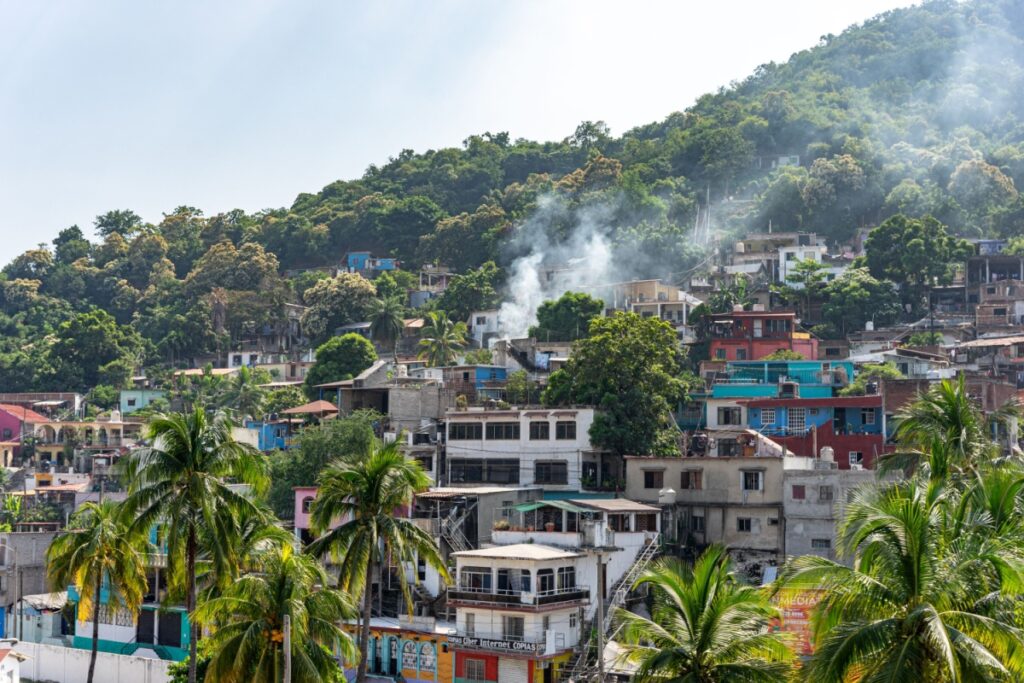Brazil’s Chamber of Deputies has approved legislation to raise the income tax exemption limit for individuals earning the lowest wages. The newly passed measure increases the threshold from R$2,640 to R$3,000 per month. This adjustment is intended to reduce the tax burden on lower-income workers, affecting roughly 5.2 million people who had previously paid income tax under the old threshold.
Legislative Shift Aims To Relieve Low-Income Tax Burden
The bill now advances to the Federal Senate, where debate and possible amendments await. President Luiz Inácio Lula da Silva has indicated support for the reform, though he has also called for broader discussions on tax reform and fiscal responsibility across federal, state, and municipal levels.
Fiscal Implications And Budgetary Concerns
Supporters of the measure argue that increasing the exemption threshold will help stimulate consumption and provide relief to working families. They stress the move is a response to inflationary pressures that have eroded real incomes over recent years. According to government projections, the exemption increase could reduce federal revenue by roughly R$8.6 billion in 2025.
Opponents warn that this revenue loss could widen Brazil’s fiscal deficit, already under pressure, particularly if the government fails to offset the shortfall through spending cuts or alternative revenue sources. Critics also argue that benefits may disproportionately favor formal workers and risk failing to reach informal workers who already struggle with tax compliance.
Broader Tax Reform On The Horizon
While the exemption hike is a significant step, it is part of a broader push for comprehensive tax reform. The Lula administration has advocated for structural changes aimed at simplifying Brazil’s intricate tax code, reducing the burden on production, and improving federal-state coordination.
One proposal under consideration involves consolidating multiple federal taxes into a value-added tax (VAT) structure. Another involves revisions to corporate tax rates and incentives to promote investment in infrastructure and technological sectors. Lawmakers in both the Chamber and Senate have differing views on the pace and scope of change, and disagreements remain particularly around revenue sharing with states and municipalities.
Constitutional constraints and legal hurdles also complicate the reform process, as some revenue streams are currently guaranteed by constitutional mandates. Political divisions could further slow progress, especially as midterm elections approach in 2026.
Potential Economic And Social Effects
If implemented as passed, the exemption increase would offer relief to low-wage earners by boosting their take-home pay. Analysts estimate that many workers in lower income brackets could see monthly gains exceeding R$200—an amount that could translate into greater consumer spending and modest economic stimulus.
However, the relief may be attenuated by rising inflation, which continues to erode purchasing power. In recent months, Brazil’s annual inflation rate has hovered near 4 %, dampening real wage gains and complicating monetary policy.
Social equity advocates praise the shift as progress toward fairer taxation, but some caution that more targeted social programs and progressive tax measures (such as higher taxes on capital gains or high incomes) will still be needed to reduce inequality.
With the Senate expected to deliberate in the coming weeks, the final version may undergo changes. Regardless, this approval in the Chamber underscores a political consensus — at least in part — that tax relief for low-income citizens should be prioritized amid ongoing economic strain.


